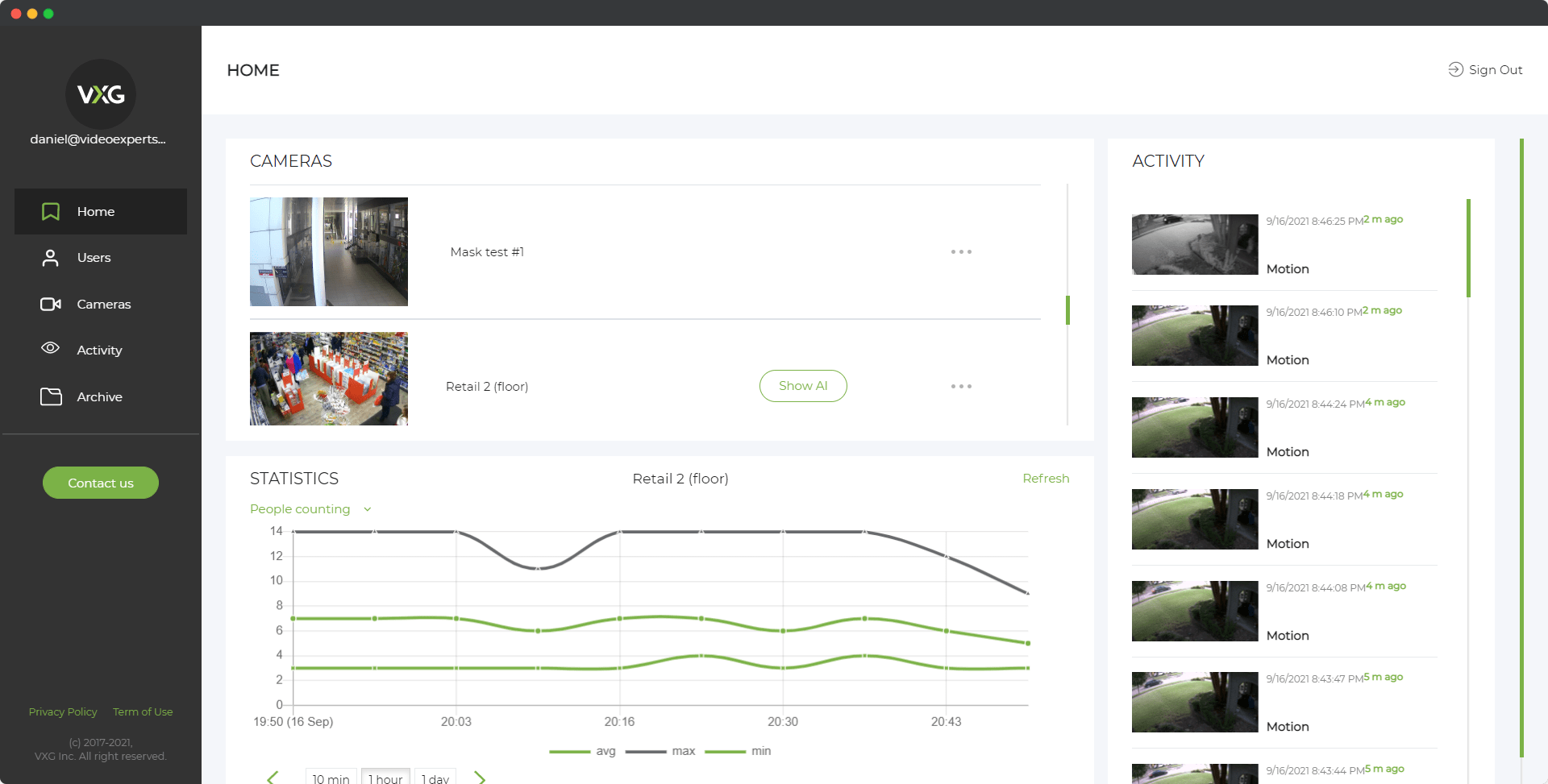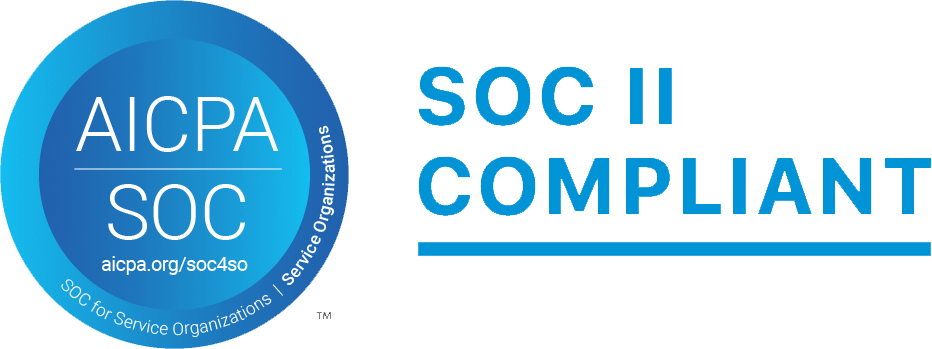Security cameras have become an integral part of modern society, helping to deter crime, monitor public spaces, and protect property. However, their increasing presence has sparked a debate about privacy, with concerns about constant surveillance and the potential misuse of recorded footage. Are security cameras an invasion of privacy, or are they a necessary tool for public safety? In this article, we'll explore the nuances of this topic, examining the perspectives from different countries, weighing the pros and cons, and addressing common concerns.
Understanding the Balance Between Security and Privacy
The key question surrounding surveillance cameras is whether their benefits in preventing crime outweigh the potential invasion of privacy. Surveillance cameras serve several purposes:
- Crime Prevention: Cameras act as a deterrent for theft, vandalism, and other illegal activities.
- Evidence Gathering: Recorded footage can help in investigations and provide critical evidence for law enforcement.
- Monitoring: Cameras can ensure the safety of employees, customers, and residents by keeping a close watch on public spaces, business premises, and residential areas.
While these benefits are significant, there are legitimate privacy concerns. Invasion of privacy occurs when individuals feel that their personal space is being intruded upon, or when surveillance footage is misused or monitored without consent.
Security Camera Privacy Concerns: Global Nuances
The concept of privacy varies widely between countries and cultures, as do the laws governing the use of security cameras.
-
United States: In the U.S., the use of security cameras is generally allowed in public spaces, but there are restrictions in private areas such as bathrooms and changing rooms. The Fourth Amendment protects against unreasonable searches, meaning authorities usually need a warrant for surveillance in private spaces. However, in public areas, the use of cameras is widely accepted, provided they don't record audio without consent.
-
European Union: The EU is stricter about privacy, with the General Data Protection Regulation (GDPR) governing how personal data, including video footage, is handled. Under GDPR, individuals have the right to know if they are being recorded, and organizations must justify why they are using surveillance. There are strict rules around data storage and access, ensuring that footage is not misused.
-
China: In contrast, China has one of the largest surveillance networks in the world, and privacy concerns are less prominent in public discussions. IP cameras are used extensively in public spaces, often in conjunction with facial recognition technology. This raises significant concerns about the scope and scale of government surveillance, though public safety is often cited as the main justification.
-
United Kingdom: The UK has one of the highest densities of CCTV cameras in the world. The country allows extensive surveillance in public spaces, but private citizens and businesses must comply with strict regulations under the Data Protection Act. Cameras that record private property must follow guidelines to avoid infringing on neighbors' privacy.
Pros
-
Crime Deterrence: Visible security cameras can prevent criminal activity by making potential offenders think twice about their actions.
-
Evidence Collection: Cameras provide clear and unbiased recordings of events, which can be useful in court cases or insurance claims.
-
Increased Safety: Public and private security cameras help ensure the safety of individuals in workplaces, shopping centers, and streets.
-
Peace of Mind: Homeowners and business owners often feel more secure knowing their property is under surveillance.
-
Remote Monitoring: Many modern security cameras allow for real-time monitoring via smartphones, enhancing security while away from home or office.
Cons
-
Invasion of Privacy: Continuous surveillance, especially in residential areas, may make individuals feel uncomfortable and lead to the feeling of being constantly watched.
-
Data Security: Footage from security cameras can be hacked or misused, leading to personal data breaches. This risk increases with the use of cloud-based storage.
-
Potential for Misuse: Surveillance footage can be manipulated, misinterpreted, or used for malicious purposes, such as spying on individuals without their consent.
-
Erosion of Trust: In workplaces or communities, excessive surveillance can create a culture of distrust, where people feel monitored rather than empowered.
-
Legal Complications: In certain countries, stringent laws govern the use of surveillance cameras. Failing to comply with these laws can result in fines or legal action.
FAQ
While security cameras provide significant benefits in terms of crime prevention and safety, they also raise legitimate concerns about privacy. The debate over whether they are an invasion of privacy depends on how they are used, where they are installed, and how the footage is handled. Striking a balance between surveillance and privacy requires adherence to local laws, transparency about camera use, and respect for individuals' rights to personal privacy.
Security cameras can be both a tool for safety and a potential risk to privacy if not properly regulated and managed. The key is to use them responsibly, in a way that prioritizes security without overstepping privacy boundaries.
















